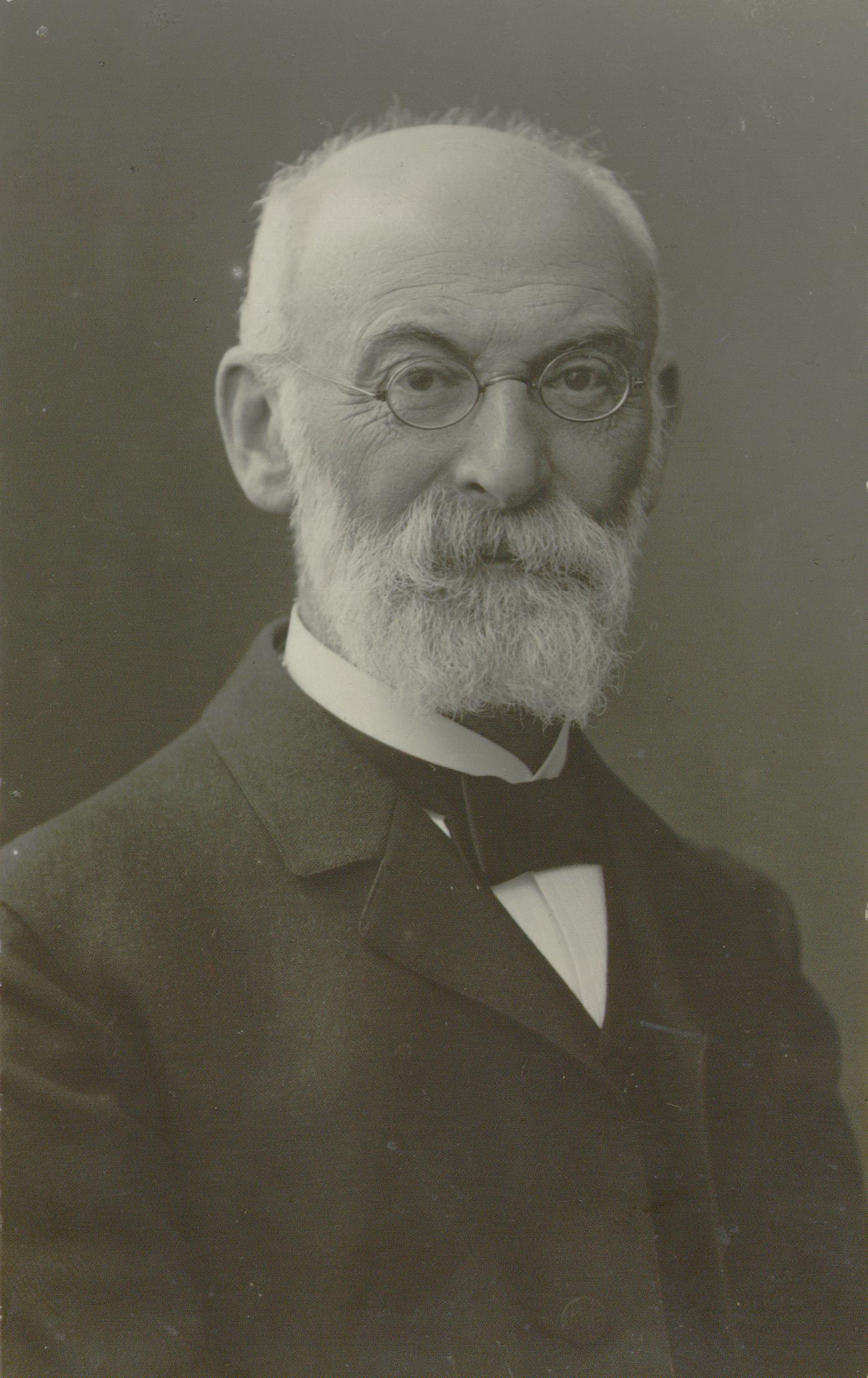Moritz Pasch (mathematician) on:
[Wikipedia]
[Google]
[Amazon]
 Moritz Pasch (8 November 1843, Breslau, Prussia (now Wrocław, Poland) – 20 September 1930,
Moritz Pasch (8 November 1843, Breslau, Prussia (now Wrocław, Poland) – 20 September 1930,
''Vorlesungen über neuere Geometrie''
Leipzig 1882;
''Einleitung in die Differential- und Integralrechnung''
Leipzig 1882
''Grundlagen der Analysis''
Leipzig, 1908
''Mathematik und Logik''
Leipzig, 1919
'' Die Begriffsswelt des Mathematikers in der Vorhalll der Geometrie''
Leipzig, 1922
Pasch.
{{DEFAULTSORT:Pasch, Moritz 1843 births 1930 deaths 19th-century German Jews 19th-century German mathematicians Geometers 20th-century German mathematicians
 Moritz Pasch (8 November 1843, Breslau, Prussia (now Wrocław, Poland) – 20 September 1930,
Moritz Pasch (8 November 1843, Breslau, Prussia (now Wrocław, Poland) – 20 September 1930, Bad Homburg
Bad Homburg vor der Höhe () is the district town of the Hochtaunuskreis, Hesse, on the southern slope of the Taunus mountains. Bad Homburg is part of the Frankfurt Rhein-Main Regional Authority, Frankfurt Rhein-Main urban area. The town's offic ...
, Germany) was a German mathematician of Jewish ancestry specializing in the foundations of geometry. He completed his Ph.D. at the University of Breslau at only 22 years of age. He taught at the University of Giessen, where he is known to have supervised 30 doctorates.
In 1882, Pasch published a book, ''Vorlesungen über neuere Geometrie'', calling for the grounding of Euclidean geometry in more precise primitive notions and axiom
An axiom, postulate, or assumption is a statement that is taken to be true, to serve as a premise or starting point for further reasoning and arguments. The word comes from the Ancient Greek word (), meaning 'that which is thought worthy or f ...
s, and for greater care in the deductive methods employed to develop the subject. He drew attention to a number of heretofore unnoted tacit assumptions in Euclid's ''Elements
Element or elements may refer to:
Science
* Chemical element, a pure substance of one type of atom
* Heating element, a device that generates heat by electrical resistance
* Orbital elements, parameters required to identify a specific orbit of ...
''. He then argued that mathematical reasoning should not invoke the physical interpretation of the primitive terms, but should instead rely solely on formal manipulations justified by axioms. This book is the point of departure for:
*Similarly concerned Italians: Peano, Mario Pieri, Alessandro Padoa
* Hilbert's work on geometry and mathematical axiomatics in general;
*All modern thinking about the foundations of Euclidean geometry.
Pasch is perhaps best remembered for Pasch's axiom:
Given three noncollinear points ''a, b, c'' and a line ''X'' not containing any of these points, if ''X'' includes a point between ''a'' and ''b'', then ''X'' also includes one and only one of the following: a point between ''a'' and ''c'', or a point between ''b'' and ''c''.In other words, if a line crosses one side of a triangle, that line must also cross one of the two remaining sides of the same triangle.
Selected publications
''Vorlesungen über neuere Geometrie''
Leipzig 1882;
''Einleitung in die Differential- und Integralrechnung''
Leipzig 1882
''Grundlagen der Analysis''
Leipzig, 1908
''Mathematik und Logik''
Leipzig, 1919
'' Die Begriffsswelt des Mathematikers in der Vorhalll der Geometrie''
Leipzig, 1922
Translations
*See also
* Pasch's theorem * Pasch hypergraph * Ordered geometryReferences
External links
* * The Mathematics Genealogy ProjectPasch.
{{DEFAULTSORT:Pasch, Moritz 1843 births 1930 deaths 19th-century German Jews 19th-century German mathematicians Geometers 20th-century German mathematicians